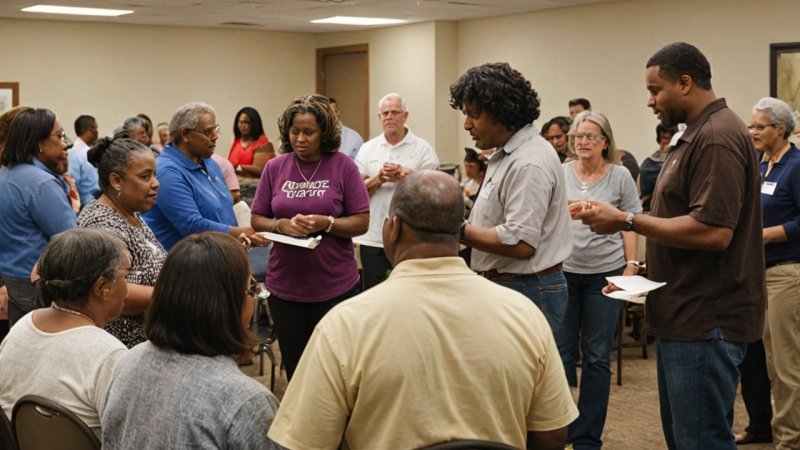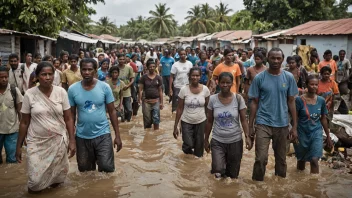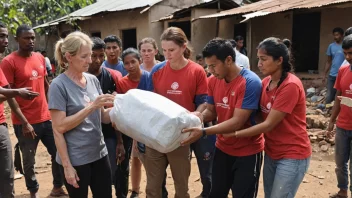Religious organizations have a profound influence on community development, serving as beacons of hope and sources of support for countless individuals. Their work spans a variety of areas including poverty alleviation, education, health, and environmental sustainability. This article examines how faith-based groups contribute to community development and how individuals can participate in these meaningful initiatives.
One of the most significant contributions of religious organizations is their ability to address poverty and social inequality. Many faith-based groups operate food banks, shelters, and crisis centers that provide essential services to those in need. Their outreach efforts often extend to the most vulnerable populations, including the homeless, refugees, and low-income families. By providing immediate assistance and resources, religious organizations help individuals regain stability and work towards a brighter future. For example, some churches partner with local businesses and community members to create job training programs that equip participants with valuable skills while fostering economic independence.
Moreover, education is a primary focus for many religious organizations. They often establish schools, tutoring programs, and literacy workshops that offer educational opportunities to children and adults alike. These initiatives are especially important in underserved areas where access to quality education is limited. By prioritizing education, religious organizations empower individuals to break free from the cycle of poverty and contribute positively to their communities. This investment in education not only enhances individual lives but also strengthens the overall fabric of society.
Health and wellness initiatives are also central to the mission of many religious organizations. They may provide health screenings, mental health support, and addiction recovery programs, meeting the diverse needs of their communities. These health initiatives often incorporate a holistic approach, addressing physical, mental, and spiritual well-being. For instance, many faith communities offer support groups that encourage individuals to share their struggles and triumphs in a nurturing environment. This sense of community and connection fosters resilience and promotes overall well-being.
Environmental stewardship is increasingly becoming a focal point for religious organizations as well. Many faith groups are actively engaged in promoting sustainable practices and advocating for environmental justice. They may organize community clean-up days, tree-planting events, and educational workshops on conservation. By mobilizing their congregations around environmental issues, these organizations inspire community members to take action and protect the planet, emphasizing that caring for the Earth is a moral and spiritual responsibility.
For individuals looking to engage with religious organizations in their community, there are numerous ways to get involved. Volunteering is one of the most impactful ways to contribute, whether it involves serving meals, tutoring students, or assisting with environmental initiatives. Additionally, individuals can participate in awareness campaigns that highlight social justice issues, encouraging others to join the cause.
In conclusion, religious organizations play a pivotal role in community development by addressing pressing social, economic, and environmental challenges. Their commitment to service and compassion empowers individuals and fosters stronger, more resilient communities. By engaging with these initiatives, individuals not only contribute to positive change but also experience the profound fulfillment that comes from serving others and promoting social justice.
Building Stronger Communities Through Faith-Based Action
Explore how faith-based organizations are vital in community development through their efforts in poverty alleviation, education, health, and environmental sustainability.






